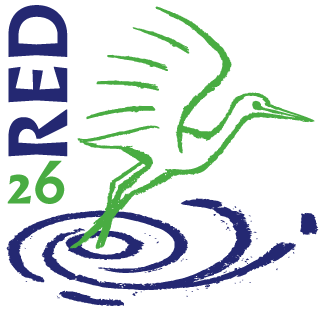
An Astrobiology Introductory Course
Rencontres exobiologiques pour doctorants
RED is a Training School about the “Basics in Astrobiology”. Astrobiology addresses questions related to the origins of life, its evolution, and distribution in the Universe. This school aims to offer an interdisciplinary training in astrobiology to students and young researchers having a master’s degree in astronomy, planetology, geology, chemistry, biology, or history and philosophy of science. If you are preparing a thesis or are an early career scientist with a subject related to astrobiology, this training school is for you! Each year, the “in-person” edition of the school is held in March in Le Teich (France). In June, a virtual school with the same program is also organized.
Astronomy
Chemistry
Biology
Geology
Planetology
History and philosophy
Evolution of ideas
A “complete” RED training is scheduled over 2 years, but each year is self-consistent. You can attend once, or two years in a row. All lectures are in English.
Meet students from all over the world to learn about astrobiology and its most recent developments. Work together on interdisciplinary projects and make new connections. Benefit from the expertise of specialists from all over the world
Animation of the previous virtual school
Astrobiology disciplines

Get access to the latest scientific results on the origins of life on Earth, and the search for life elsewhere: thanks to the online courses and conferences.